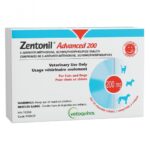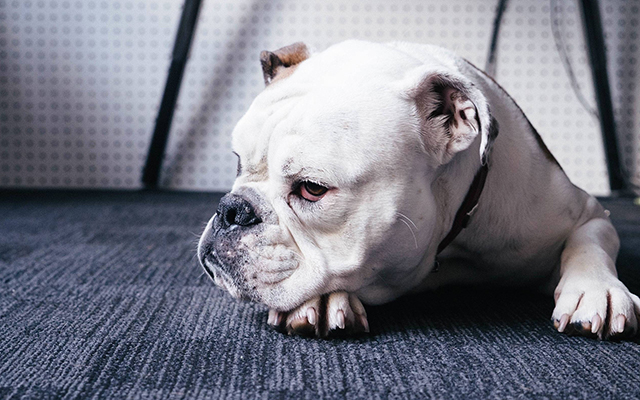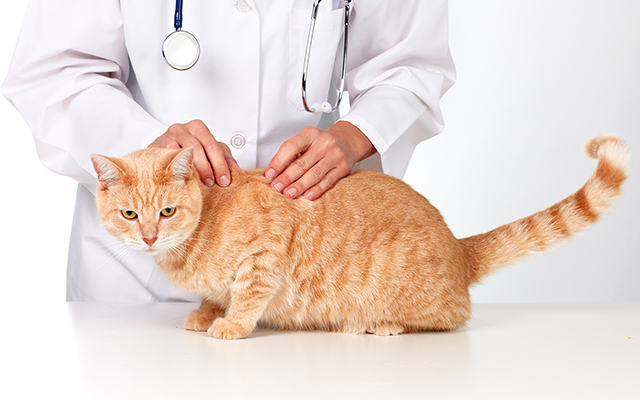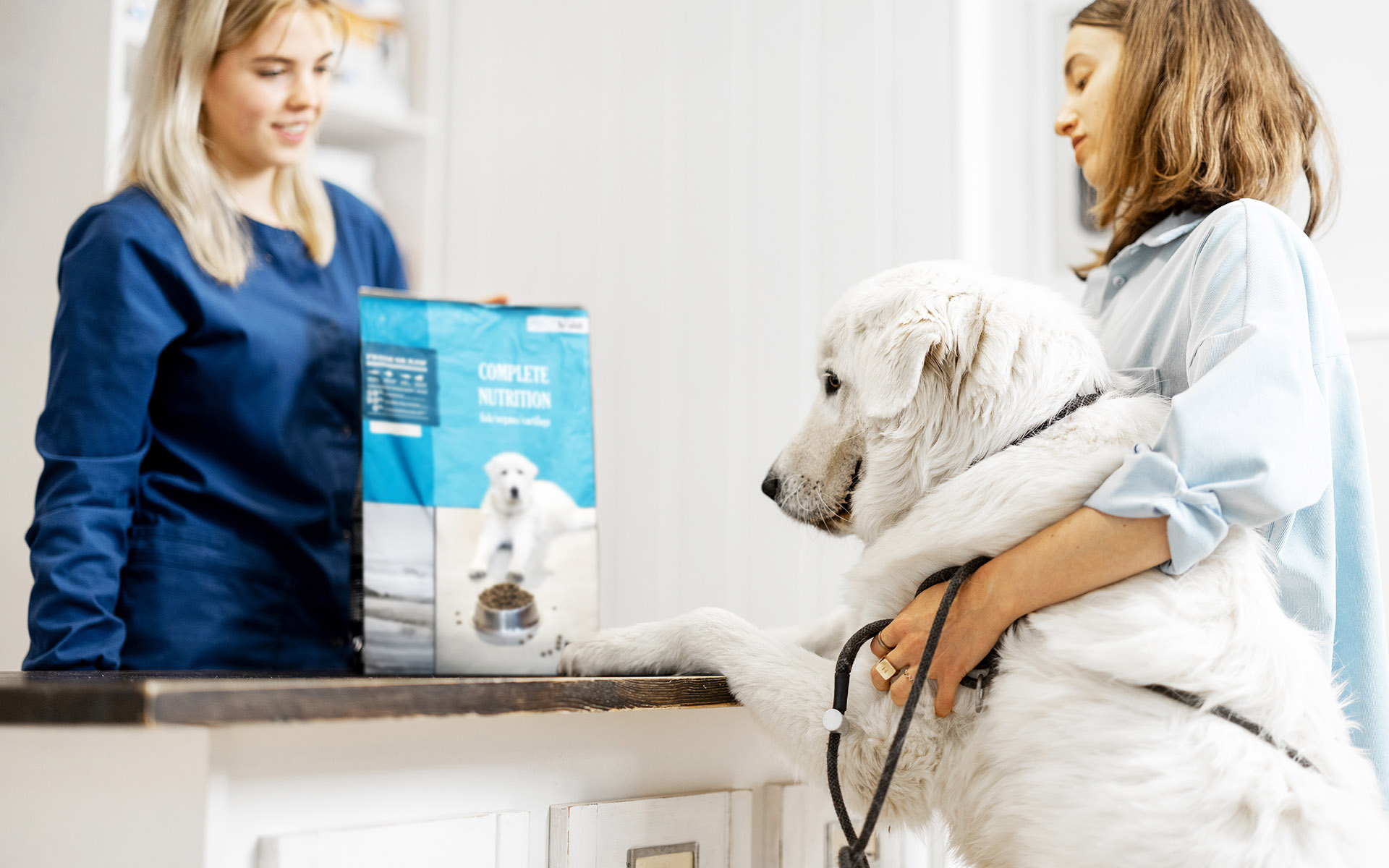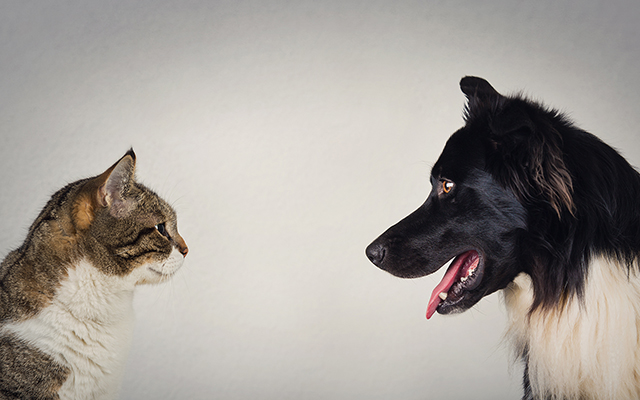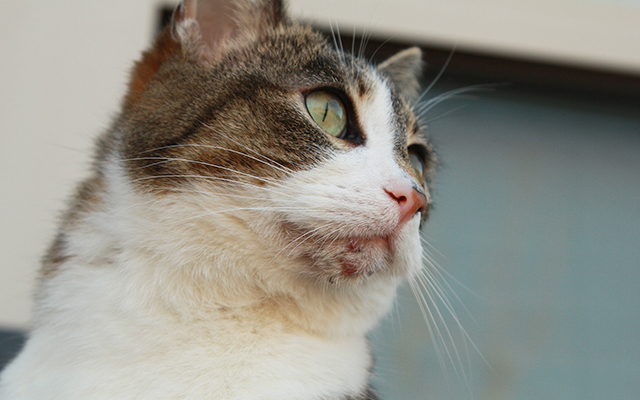After decades of going to the dentist, your own dental health and teeth probably don’t hold any mystery. But what about your pet? Have you ever wondered how many teeth they have? Or how often they should have their teeth cleaned? Here are the answers to a few commonly asked questions about pet dental care.
How many teeth do cats and dogs have?
Most adult cats have 30 teeth (12 incisors, 4 canines, 10 premolars and 4 molars). Adult dogs usually have 42 teeth (12 incisors, 4 canines, 16 premolars and 10 molars), although is not usual for smaller dog breeds to be missing a few. By comparison, most people have 32 permanent teeth (8 incisors, 4 canines, 8 premolars and 12 molars).
Can some pets have extra teeth?
Yes. Just like humans, dogs and cats may have extra teeth that grow next to permanent teeth or sometimes through the roof of their mouth. It’s also possible for retained baby teeth to compete with permanent teeth for the same position and cause severe dental problems, like altering jaw alignment or causing gum injuries and pain. Extra teeth should be extracted by a veterinarian as soon as possible to prevent complications.
Why do pets need dental care?
After your pet eats the bacteria in their mouth reacts with the sugar in the food, and the saliva, to create plaque.This plaque needs to be removed through daily brushing, or it will mineralize and harden into calculus, a coating that’s perfect for bacteria to multiply. As calculus expands and reaches the gums, it can cause gingivitis and eventually lead to serious health problems like periodontal disease.
Do pets get cavities?
Usually, no. Unlike humans, the diet of most dogs and cats doesn’t contain enough sugar to cause cavities. However, they’re just as likely to develop gingivitis, bad breath and other problems from a lack of proper dental care. Dogs are also more at risk for broken teeth or damage to their gums if they chew on bones or sticks.If you allow your dog to chew on such things, make sure to check their mouth daily and contact your veterinary clinic if you notice any injury.
What should I do if my pet breaks a tooth?
Contact your veterinary clinic as it’s likely the broken tooth will need to be extracted to avoid further complications. In addition to the immediate pain, a broken tooth provides a vulnerable entry point for bacteria and infections that could affect your pet’s health.
Can dental care help improve my pet’s breath?
Yes. Brushing your pet’s teeth daily is ideal, but even two or three times per week can help fight plaque and prevent calculus build-up. You may also consider using specially formulated dental care food for your dog or cat as it is designed to recreate some of the effects of brushing.
How often should pets get dental cleaning?
Between once every six months and every year, depending on your pet’s current dental condition and at home dental care routine. Speak to your veterinary team to discuss your pet’s needs.




